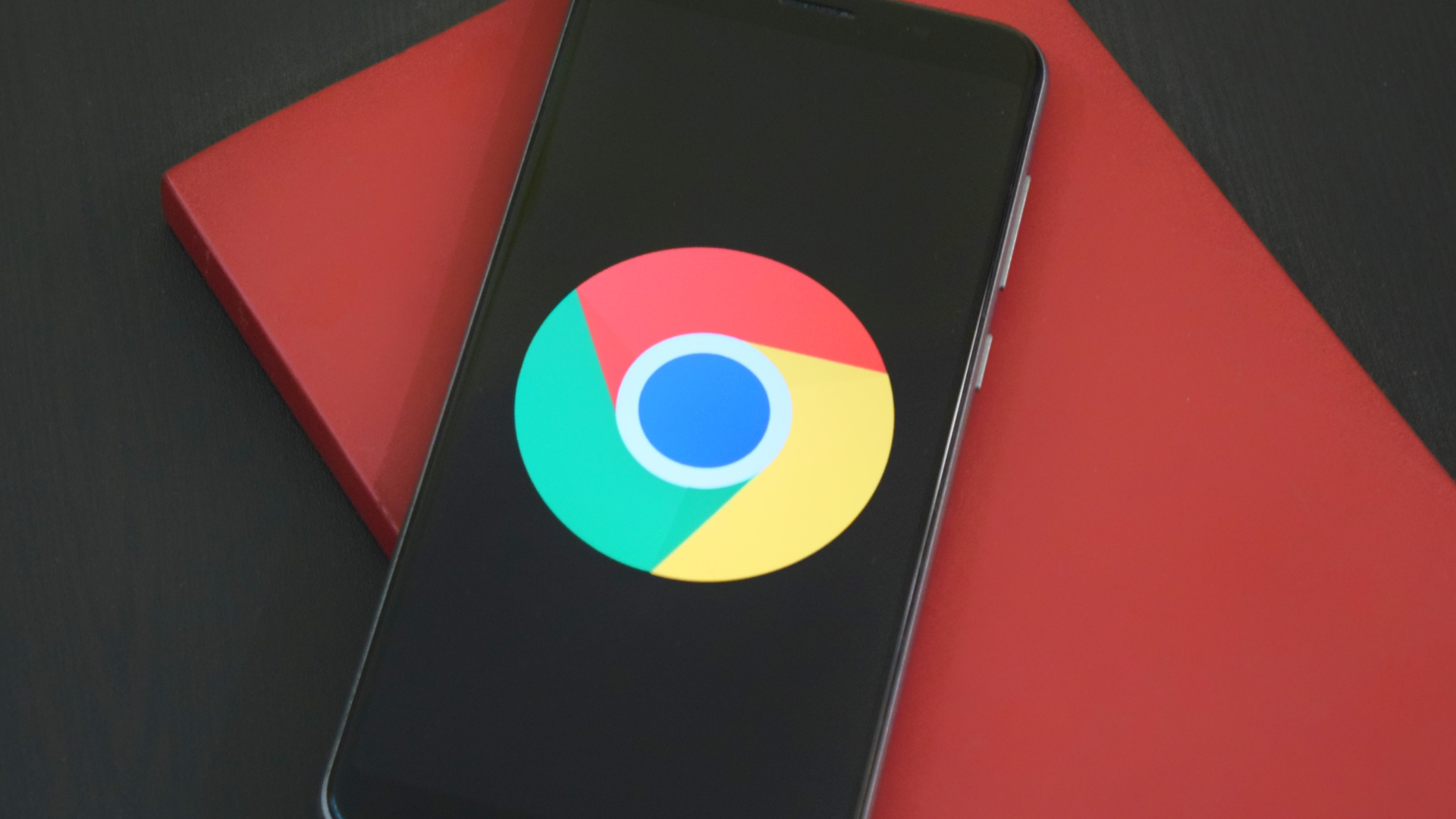Understanding the Dynamics Between SEO and PPC
Search engine optimization (SEO) and pay-per-click (PPC) advertising are two of the most commonly used strategies in digital marketing. Both have their advantages and disadvantages, and it’s important for businesses to understand the differences between the two in order to make informed decisions about which strategy to use. SEO focuses on optimizing your website to improve its organic search rankings, while PPC involves paying for ads to appear at the top of search engine results. This article will delve into the key distinctions between SEO and PPC to help you determine which strategy is best suited for your business goals.
Defining SEO and PPC: Key Differences and Objectives
SEO aims to improve organic search rankings by optimizing website content and structure to increase visibility and drive traffic. In contrast, PPC involves paying for ads that appear above organic search results, providing immediate visibility but at a cost per click. SEO focuses on long-term sustainability and credibility, while PPC offers more control over targeting and instant results. Understanding the distinct objectives of SEO and PPC is crucial for developing a well-rounded digital marketing strategy tailored to your business needs. Let’s explore these differences further to help you make an informed decision on utilizing SEO vs PPC for your marketing efforts.
The Benefits of SEO: Long-Term Growth and Sustainability
SEO not only enhances organic search rankings but also fosters long-term growth and sustainability for your online presence. By consistently optimizing your website with relevant content, keywords, and backlinks, SEO helps establish credibility and authority in your industry. This trust-building process may take time, but the sustainable results can drive continuous organic traffic and leads without incurring ongoing advertising costs. Embracing SEO as a fundamental component of your digital marketing strategy lays a strong foundation for your online success.
The Advantages of PPC: Immediate Results and Targeted Reach
While SEO offers long-term benefits, Pay-Per-Click (PPC) advertising provides immediate results and precise targeting options. By strategically placing ads on Google, businesses can reach their target audience in a more direct way. With PPC, you have control over your budget, audience demographics, and ad placements, allowing for better optimization and instant visibility. The ability to track and measure PPC campaigns also enables quick adjustments to maximize results. In the fast-paced digital landscape, incorporating PPC into your marketing mix can complement your SEO efforts and yield swift returns on investment. However, it often comes at an expensive cost.
SEO vs PPC: Cost Analysis and Budget Considerations
When comparing SEO and PPC, one crucial aspect to consider is the cost factor. SEO requires continuous efforts and can take time to show significant results, making it a more long-term investment. On the other hand, PPC offers instant visibility but comes with a cost-per-click model that can accumulate expenses quickly. It’s essential to assess your budget constraints and marketing goals to determine which strategy aligns best with your resources and objectives. By analyzing the costs associated with both SEO and PPC, you can make informed decisions on how to allocate your marketing budget effectively for optimal results.
Integrating SEO and PPC: A Holistic Approach for Maximum Impact
While SEO and PPC have their distinct advantages, combining both strategies can yield even greater benefits for your online presence. By integrating SEO and PPC efforts, you can maximize visibility across search engines, enhance keyword targeting, and drive more qualified traffic to your website. Leveraging the strengths of both channels can result in a comprehensive digital marketing approach that amplifies your brand’s reach and effectiveness. You can integrate SEO and PPC campaigns to achieve synergy and propel your online success. In fact, strong and well optimized SEO can help your PPC ads perform better. Particularly, when you know how to leverage the two together. Paying for PPC ads without completing the SEO first, is a big mistake, a costly mistake that can be difficult to recover from.
Choosing the Right Strategy for Your Business Goals
Understanding the distinctions between SEO and PPC is essential to crafting a successful digital marketing strategy. While SEO focuses on long-term organic growth and building authority, PPC offers immediate visibility and control over ad placements. As a business owner or marketer, it’s crucial to align your choice of strategy with your specific goals and budget. Consider factors such as budget, timeline, target audience, competitiveness, and ROI when deciding between SEO and PPC—or better yet, combine them for a well-rounded approach. By optimizing your efforts according to your business objectives, you can drive sustainable results and maximize your online presence effectively.
Laura Gunn Marketing
If you want a grassroots approach to marketing and websites, contact me. The myth that a monthly subscription is required for everything is that… a myth. Experience the difference of Laura Gunn Marketing.





